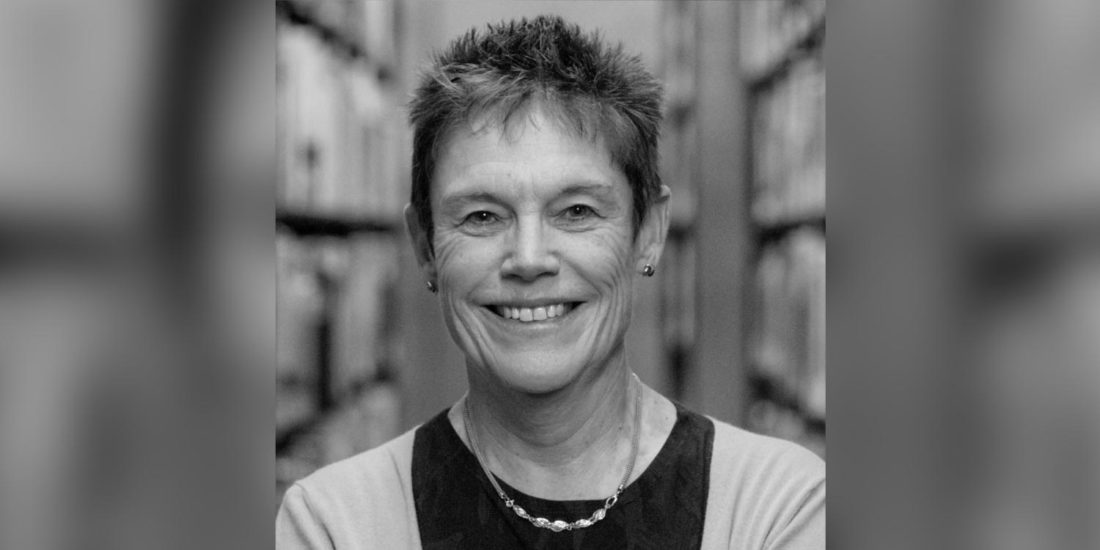Dr Bonny Norton
ACLL2018 Keynote Speaker (Virtual)
University of British Columbia, Canada
The Asian Conference on Language Learning 2018 (ACLL2018) is pleased to announce that Dr Bonny Norton will be a Keynote Speaker.
Dr Bonny Norton, FRSC, is Professor and Distinguished University Scholar in the Department of Language and Literacy Education, University of British Columbia, Canada. Her primary research interests are identity and language learning, critical literacy and international development. Recent publications include a 2017 special issue on language teacher identity (MLJ), a 2014 special issue on multilingual literacy in African communities (JMMD), and a 2013 second edition of Identity and Language Learning (Multilingual Matters). A Fellow of the Royal Society of Canada and the American Educational Research Association, she was the 2010 inaugural recipient of an AERA Senior Research Leadership Award, and in 2015 a co-recipient of the TESOL Distinguished Research Award.
For family reasons, Dr Bonny Norton will be unable to travel to Kobe for the conference this year, but will deliver her Keynote Presentation virtually.
Virtual Keynote Presentation | Identity and Language Learning in an Unequal Digital World
The world has changed since Bonny Norton published her early work on identity, investment, and language learning. Because of advancements in digital technology, there are new relations of power at micro and macro levels, and digital literacy has become essential in “claiming the right to speak.” As language learners navigate these changing times, they need to negotiate new identities, investments, and imagined futures. Working with Ron Darvin, Norton has responded to new linguistic landscapes by developing an expanded model of investment that integrates identity, ideology, and linguistic capital in a comprehensive framework. Norton argues that while there are structures that may limit a learner’s investment, the model seeks to illustrate the ways in which learners may both reproduce but also resist practices that limit possibility. Drawing on recent research with language learners in both wealthy and poorly resourced global communities, Norton will discuss the ways in which the model can help inform theory, research, and practice in language learning internationally.

